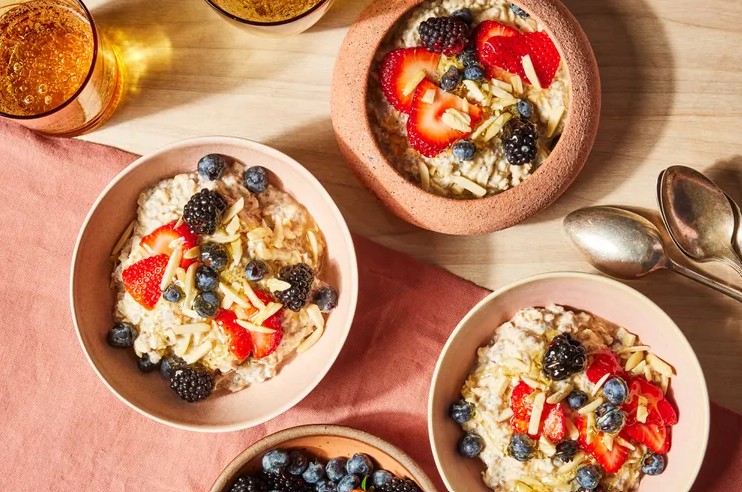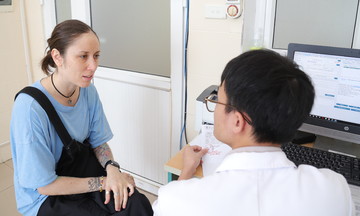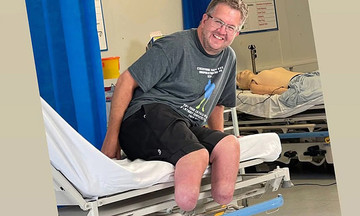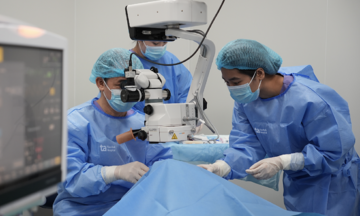Breakfast sets the tone for the entire day, especially for individuals with diabetes. This meal can significantly influence blood sugar levels throughout the day, affecting mood, energy, and overall health. One of the best ways to achieve a balanced breakfast is to understand how various foods impact blood sugar and tailor meals accordingly.
Here are five common breakfast mistakes, their impact on diabetes management, and simple changes that can make a big difference.
Skipping breakfast entirely
Whether due to intermittent fasting or simply a lack of habit, individuals with diabetes should be mindful of several factors when skipping breakfast. First, for those on medication, omitting breakfast can increase the risk of hypoglycemia (low blood sugar).
Additionally, skipping breakfast can affect appetite. “I see many people skip breakfast only to end up ravenous later in the day and overconsume carbohydrates," says Caroline Thomason, a registered dietitian and certified diabetes care and education specialist in Washington. She recommends a breakfast rich in both protein and fiber to help maintain stable blood sugar levels throughout the day.
For those who prefer a light breakfast, some suggestions include an apple with nut butter, berries with nuts, or sliced pear with Greek yogurt or low-fat cottage cheese.
 |
Illustrative photo: Eating Well |
Illustrative photo: Eating Well
A low-fiber breakfast
Fiber, the indigestible part of carbohydrates found in plants, is essential for managing blood sugar, increasing satiety, and promoting heart and gut health.
“Fiber is key for health and diabetes management,” says Jacinda Shapiro, a registered nurse and certified diabetes care and education specialist. According to the American Diabetes Association, individuals with diabetes should aim for 25 to 38 grams of fiber daily.
To boost fiber intake, consider adding leafy greens to meals, blending fruit smoothies, or incorporating chia seeds.
A breakfast high in refined carbohydrates and saturated fat
Traditional carbohydrate-rich breakfast items like donuts, pastries, or white bread with butter are often low in fiber and high in saturated fat. This combination spikes blood sugar and poses cardiovascular risks.
“Combining fat with refined carbs is a blood sugar disaster,” says Peggy Kraus, a clinical exercise physiologist and certified diabetes care and education specialist.
Instead, opt for whole grains, beans, vegetables, or fruit, as these provide complex carbohydrates that digest more slowly. Also, prioritize foods with healthy fats, such as avocados.
Eating too much
Inconsistent food intake can lead to erratic blood sugar levels. For instance, skipping breakfast one day and consuming a large meal the next can destabilize blood sugar. If you notice a blood sugar spike two hours after breakfast, reassess your portion sizes. Maintaining a relatively consistent carbohydrate intake at breakfast and evaluating your body's response is crucial.
Drinking fruit juice
Fruit juice, even the 100% variety, lacks fiber. For individuals with diabetes, juice is often used to quickly raise low blood sugar levels. Beyond that need, “Overdoing it on increasing blood sugar will increase insulin production, which can lead to more weight gain,” Shapiro says.
Instead of juice, a better choice is to eat whole fruits for their fiber content, paired with a protein source. For those who enjoy juice, it can be incorporated into a meal but limited to a half-cup serving (about 120 ml).
Binh Minh (According to Eating Well)












